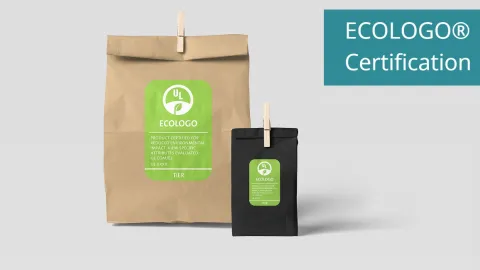News Netherlands
Please note that you have to be a registered member with paid membership in order to see full articles.
Become a MemberGlobal News
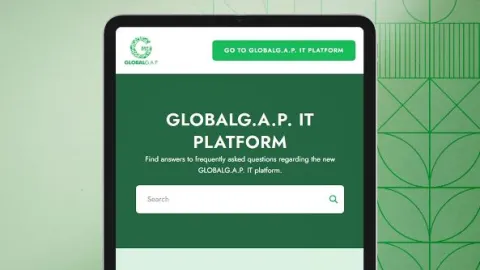
GLOBALG.A.P. Gets New IT Platform for Certification and Transparency
GLOBALG.A.P. now operates on a new IT platform developed by Agraya GmbH together with its technology partner osapiens.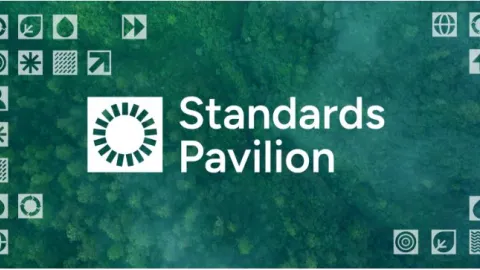
Standards Pavilion Expands at COP30 with Broader Coalition on Climate Policy and Finance
The Standards Pavilion has opened at COP30 in Belém, Brazil, where 21 international organizations are discussing how standards can support measurable climate action.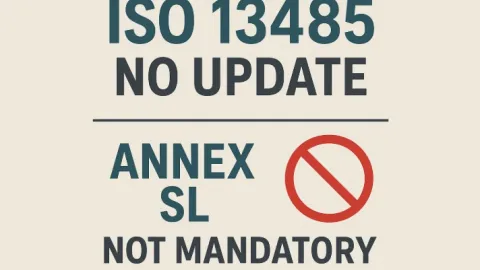
ISO 13485 Stays Unchanged as Revision Committee Rejects Annex SL Alignment
The medical device quality management standard ISO 13485 will remain unchanged, as ISO’s Technical Committee in charge, ISO/TC 210, decided not to align it with Annex SL, ISO’s harmonized structure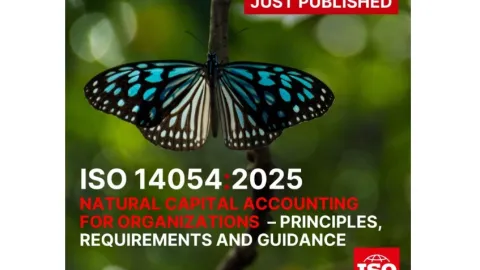
ISO 14054 Introduces First Global Framework for Natural Capital Accounting
The International Organization for Standardization (ISO) has published a new global standard, ISO 14054:2025, to help organizations measure, value, and account for their interactions with nature.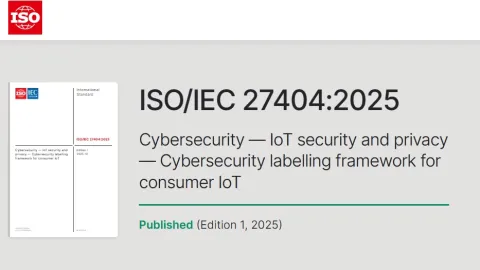
ISO 27404 Sets Global Framework for Cybersecurity Labels on Consumer IoT
The new ISO/IEC 27404:2025 standard has been released,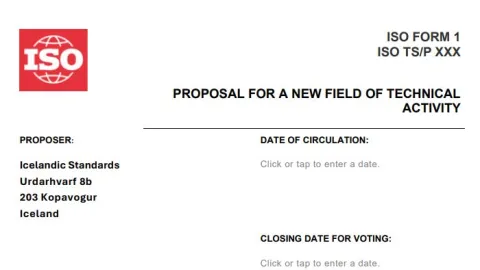
Iceland Proposes New ISO Committee for Children’s Rights Management
The Icelandic Standards (IST) has submitted a proposal to the International Organization for Standardization (ISO) to establish a new technical committee, ISO/TC on Children’s Rights Management.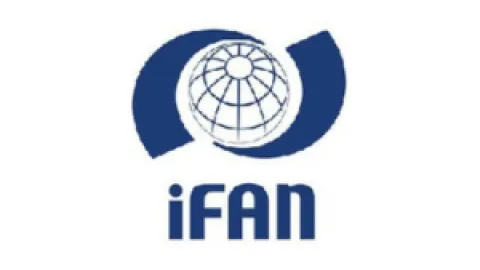
IFAN 2025 Survey Finds Cost and Complexity Still Blocking Standards Use
The International Federation of Standards Users (IFAN) has released its 2025 International Standards Users Survey, drawing insights from a record 861 organizations worldwide.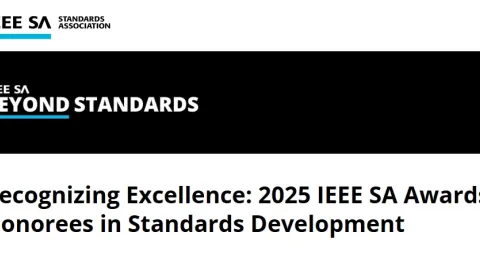
IEEE Reveals 2025 Award Winners for Excellence in Standards Development
The IEEE Standards Association (IEEE SA) announced the 2025 recipients of its annual awards, recognizing individuals and groups who made significant contributions to international standards.
IAF and ILAC Replaced at Year End as New Global Accreditation Body Takes Over
The International Accreditation Forum (IAF) and the International Laboratory Accreditation Cooperation (ILAC) will begin dissolution processes on January 1, 2026,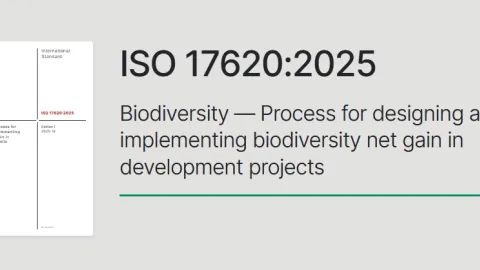
ISO 17620 published to support global biodiversity preservation and sustainable development
A new international standard, ISO 17620:2025, has been published to help ensure that development projects protect, preserve, and enhance biodiversity worldwide.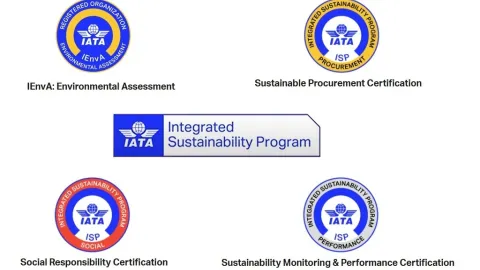
IATA Launches Integrated Sustainability Program for Airlines
The International Air Transport Association (IATA) has introduced the Integrated Sustainability Program (ISP), a comprehensive certification and assessment framework tailored for airlines.